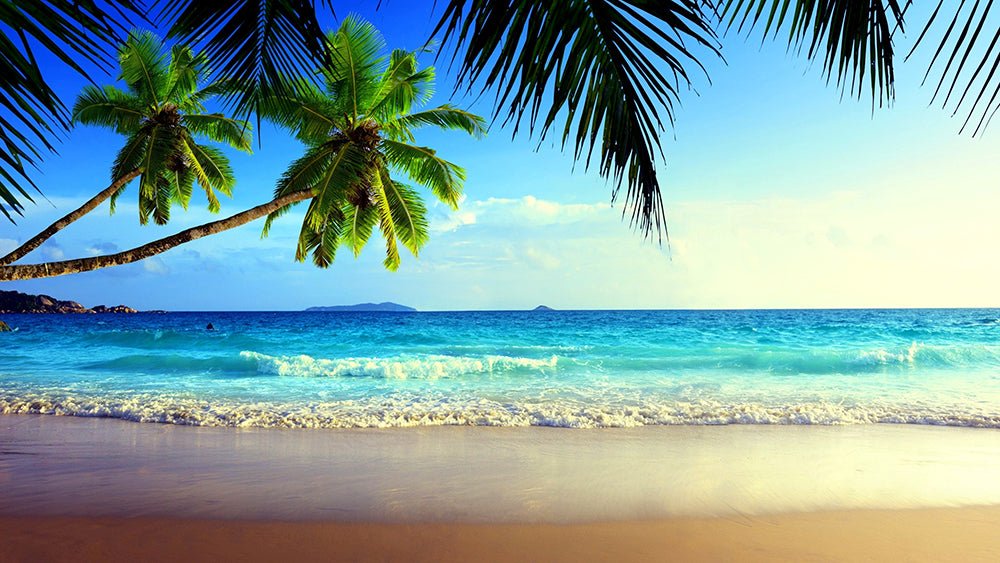Apparently this stuff works - Mike M.
You can feel the difference - Kevin K.
My BP was 157/101... now it is 129/87 - Latasha G.
Seems to work... lowered my numbers by 7% - Scott L.
It is a life saver - Golda C.
I feel better, I have more energy - Alex Y.
My BP went down 10 points in 2 weeks - Lucy W.
I have only been drinking it for 2 weeks and my BP numbers have gone down - Elizabeth S.
Apparently this stuff works - Mike M.
You can feel the difference - Kevin K.
My BP was 157/101... now it is 129/87 - Latasha G.
Seems to work... lowered my numbers by 7% - Scott L.
It is a life saver - Golda C.
I feel better, I have more energy - Alex Y.
My BP went down 10 points in 2 weeks - Lucy W.
I have only been drinking it for 2 weeks and my BP numbers have gone down - Elizabeth S.
Add description, images, menus and links to your mega menu
A column with no settings can be used as a spacer
Link to your collections, sales and even external links
Add up to five columns
Add description, images, menus and links to your mega menu
A column with no settings can be used as a spacer
Link to your collections, sales and even external links
Add up to five columns
Beat the Heat: How to Protect Your Health from Heatwaves and Humidity
June 21, 2023 2 min read

Ocean waves, hello waves, heat waves, goodbye waves, waves of humidity, sound waves. Some of these can positively affect our heath by refreshing us, making us happy, nourishing our spirit. However, two of them have the potential to negatively affect our health—especially when they happen simultaneously. When combined, waves of heat and humidity can have a dangerous effect on our heart rate, our hydration status, and our blood pressure.
This is because when it's hot and humid outside, our bodies desperately try to avoid overheating.
Why? Well, we have thousands of proteins in our body called enzymes, which are necessary for carrying out vital tasks like producing energy. However, these ultra-important proteins can easily be broken down by heat. As a result, when our internal temperature gets too high (say about 104 degrees Fahrenheit), the body tries to expel heat as quickly as possible. It does this by telling our heart to pump harder and faster, which gets our blood closer to the surface of our skin so that it can release the heat. The body also releases fluid and electrolytes in the form of perspiration so that the resulting evaporation can cool us off.
Sadly, this process can also have a serious impact upon your heart health. The fluid and electrolytes that are lost when we sweat are needed for muscle contraction, nerve conduction, and the prevention of further fluid loss. When the cells in our body don’t have enough fluid, the brain sends a signal to our pituitary gland to secrete a chemical that constricts our blood vessels, which causes our blood pressure to rise. With our heart pumping harder and faster, our body rapidly losing fluid and electrolytes, and our blood pressure climbing, it’s like a triple whammy of escalating health risks.
So, what can we do to address the heat and our hydration status?
In terms of the heat:
- Wear light colored loose-fitting clothes.
- Don’t wear heavy close-toed shoes.
- If you must be outside, take breaks to sit in shaded and air-conditioned areas.
- Avoid being outside when the sun and heat are the strongest, which is between 12 and 3 PM.
In terms of our hydration status:
- Drink water or seltzer. Add lemon or lime juice to your water for a small hit of electrolytes.
- Don’t just drink when you’re thirsty. Sometimes when we think we’re hungry, we’re actually thirsty, and sometimes we don’t experience thirst until we’re close to being dehydrated. Instead, try to follow the "8x8 Rule": drink eight 8oz glasses/day on days when you haven’t had a hard/long workout and/or on days when the temperature isn’t extraordinarily high.
- Avoid beverages with sugar, alcohol and/or caffeine.
- Unsweetened coconut water is a good source of fluid and electrolytes.
- Drink before, during, and after a workout.
- You’ll know you're drinking enough if your urine is colorless or light straw yellow.
- Eat some delicious and thirst-quenching watermelon. It will give you fluid, electrolytes, and it can help your body make some more nitric oxide, which can help in normalizing your blood pressure!
- Frozen (organic!) red grapes will cool you off, and they have resveratrol, which is good for your blood vessel walls!
Enjoy the ocean waves of summer. Here’s to your health!
Leave a comment
Comments will be approved before showing up.
Subscribe
Sign up to get the latest on sales, new releases and more …

